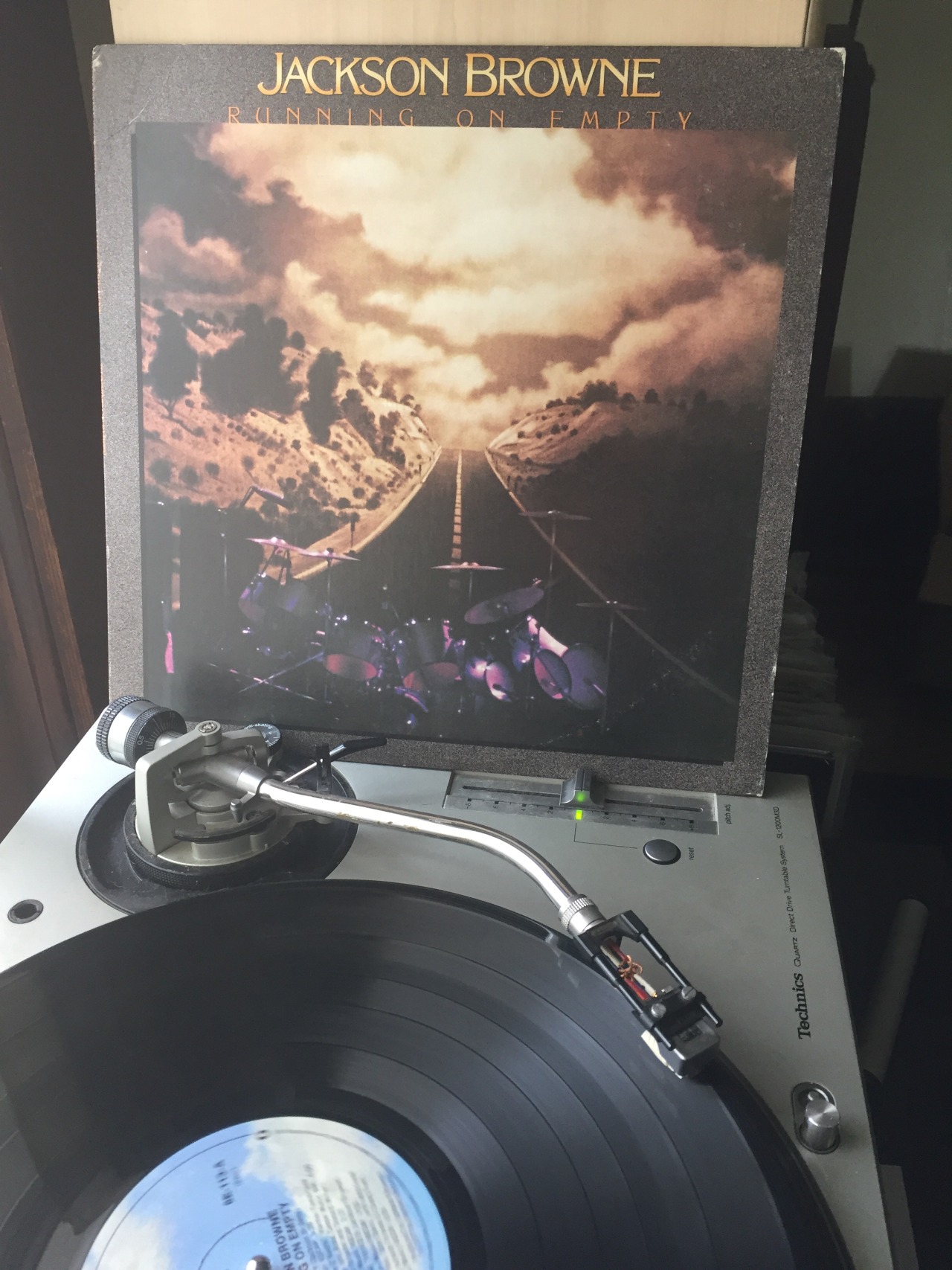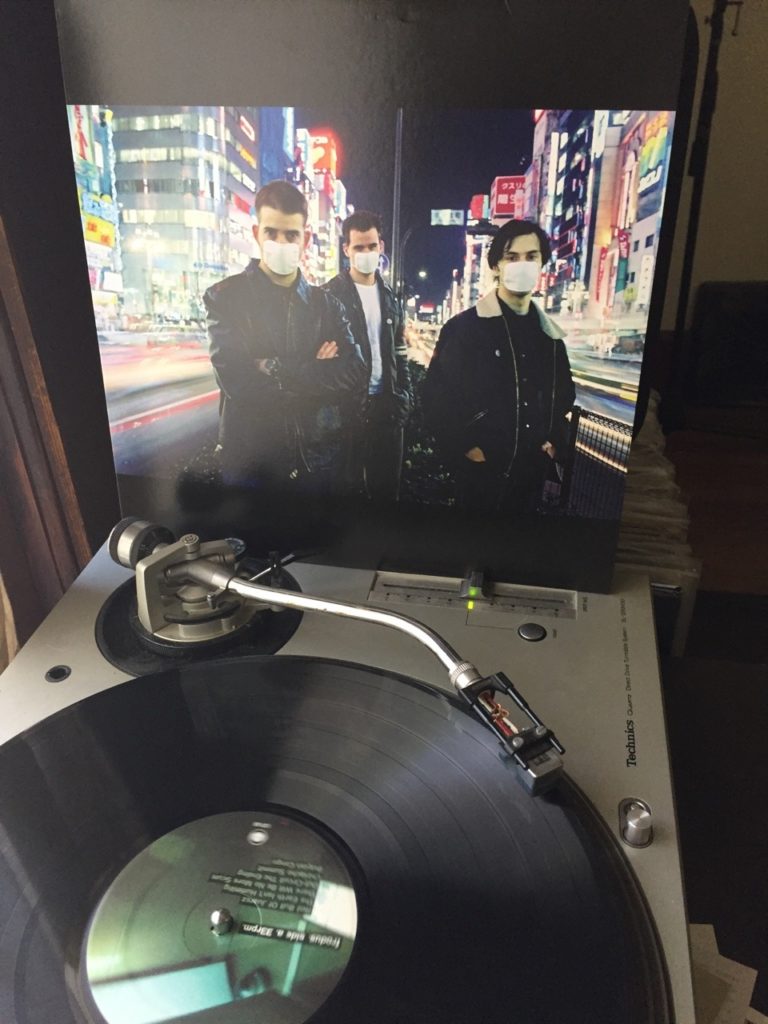When I was in middle school, back in the pre-internet days*, my best friend Travis and I discovered most of our music through his older brother Tyler and his best friend, also named Tyler. Tyler and Tyler themselves were primarily driven by record label samplers, back when samplers were actually useful. Led by the track “Head in the Clouds” on Tooth and Nail’s legendary Songs From the Penalty Box, Vol. IV (still one of the best samplers of all time), Tylers purchased a copy of Lost At Sea, which they burned for Travis, who burned it for me.
By the time it got to me, the tracks had somehow got clustered up in such a way that the first second and a half of each song was attached to the end of the track before it, which was then interrupted by that two-second silence between tracks that all CD burners decided were mandatory (you youths will never know the struggles we faced for new music). Despite the chopped-up transitions between each song and profound skips it quickly developed (those early CD-Rs were anything but durable), it became one of my favorite albums in 8th and 9th grade. It even somehow survived the various iconoclasms my tastes went through when I discovered emo, hardcore, Radiohead, and Krautrock. My tastes have changed over the years, but I never dismissed this album the way I dismissed the Ataris or Slick Shoes when something “more sophisticated” came along.
And truth be told, that’s because this is sophisticated rock and roll. It is pop punk stripped of all pop punk tropes. Palm-muted power chords are relatively rare, the guitars instead playing more melodic lines through a phaser. The bass rarely rides the root notes at an even pace. The drums often break from the quick one-two’s of most punk and explore more varied dynamics.
Lead singer Ted Bond sings in a genre-appropriate sneer, but his lyrics utilize much more poetic images than typical pop punk—an out of tune orchestra, FDR growing weary as WWII waged on, a shipwrecked survivor drifting helplessly on bits of wreckage. Elements are borrowed from college indie rock (“Head in the Clouds”), thrash metal (“Back and Forth”), brooding alternative (“Lost at Sea”), and country (“Set Free,” before that awesome Smithsy jangle-rock pickup halfway through). But what’s probably most impressive is that throughout ten tracks of genre-bending turn-of-the-millennium pop punk, there’s not a bad song on here. Each song is just as strong as the next, which means an awful lot when we’re dealing with highlights like “Glory,” “Prince of America,” and “Divorce” (alongside every other song mentioned).
All of this is enough to make this album a rare gem, but (as I’ve just read on the album’s Wikipedia page) the album was damaged by tensions between Tooth and Nail over budget overages (specifically the choir on “Glory”) and a picture on their website of drummer Juice Cabrera giving the finger (Christian label, remember). The band was dropped from the label and distribution was on a by-request-only basis, which, paired with members leaving for other bands (hi, Yellowcard), led to Craig’s Brother’s disbanding shortly after its lackluster release. Learning this now makes me even more glad to have heard it when I did.
*we HAD the internet, but it was almost useless for discovering music. 56k download speed, streaming didn’t exist, file-sharing services almost always mislabled songs, a three minute video took two hours to load and you couldn’t open another tab while you waited for it, etc.









 After a fabled career of “
After a fabled career of “